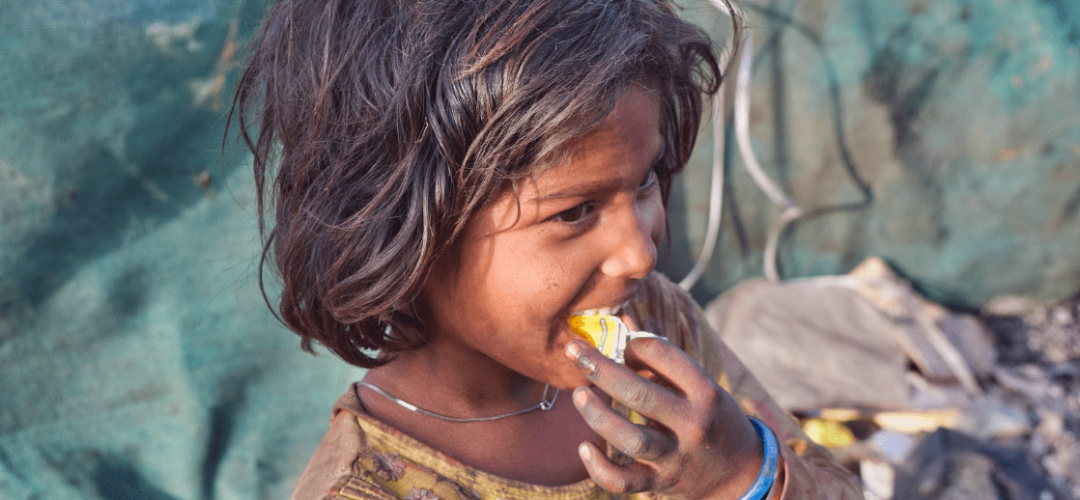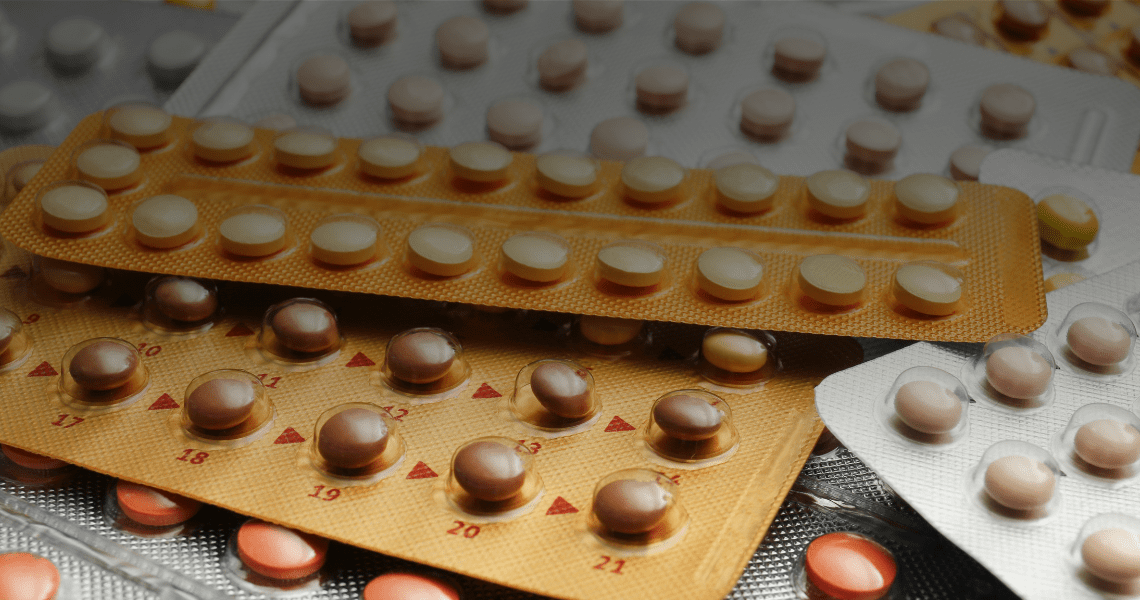What is period poverty
Period poverty is a lack of access to menstrual products, education, hygiene facilities, waste management, or a combination of these. The inaccessibility of menstruation products and washing facilities often result in females to miss school days and job opportunities.
It was reported that lower income woman may use coconut husk or newspaper for their period in malaysia.
Why is it a problem?
Poor menstrual hygiene can cause physical health risks and has been linked to reproductive and urinary tract infections.
Young girls who do not receive an education are more likely to enter child marriages and experience an early pregnancy, malnourishment, domestic violence, and pregnancy complications as a result.

How period poverty affects people
Mental health and well being – being unable to manage their period with the appropriate menstrual products can make people feel upset, distressed, and uncomfortable. Research has found that a lack of access to these products can negatively affect someone’s mental health.
Health and hygiene – People unable to access menstrual products have reported using rags, toilet paper, and children’s diapers. Some people have also used the menstrual products they did have for longer than intended. Using these alternative products puts individuals at higher risk of urogenital infections, which are infections of the urinary and genital systems. These infections include urinary tract infections and bacterial vaginosis.
Work – Period poverty can prevent people from participating in the workforce, which can have significant economic implications for them and their families.
Education – People who menstruate can have a negative experience of school or college if they are uncomfortable, distracted, or unable to participate due to menstrual leakage and odor. This experience can have long-term consequences. Poor school attendance affects a person’s future earning potential, self-esteem, health outcomes, and sense of control.
Summary
Period poverty refers to a lack of access to menstrual products, sanitation facilities, and adequate education. This widespread issue affects an estimated 500 million people worldwide.
Those experiencing period poverty may have mental health challenges and physical health risks. They may also miss school or work and have low self-esteem. The stigma surrounding periods prevents people from openly discussing the issue, and the stigma is even greater for trans individuals who menstruate.
People can contribute to ending period poverty through national advocacy, charitable programs, legislative changes, improved education and access, and further research.




